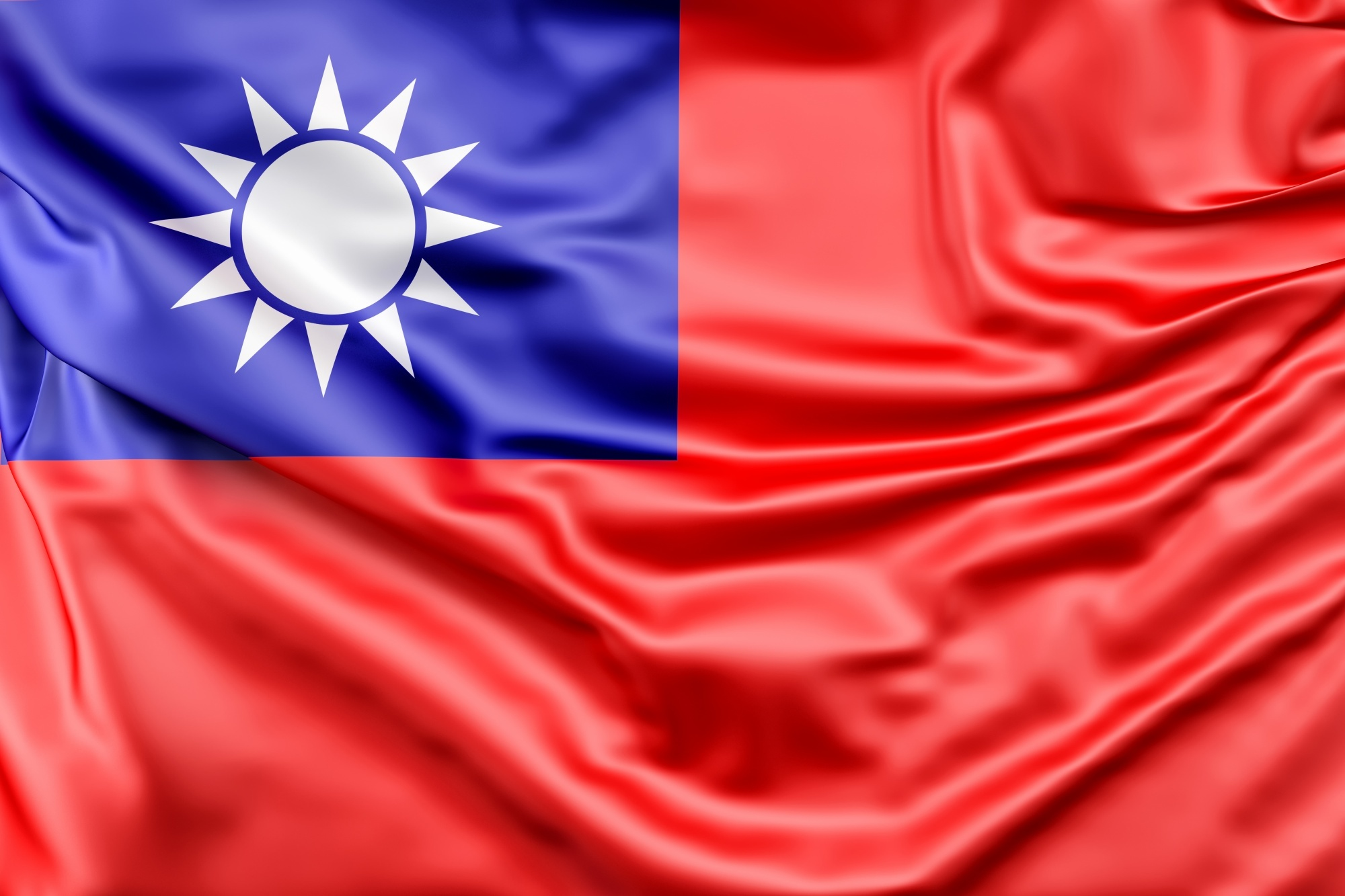
Taiwan has made its name in the world as a developed country, which is technologically advanced and enjoys a strong economic status. The country experienced exponential growth in the late 20th century with monumental expansion in industry and trade. The country and its people didn’t stop until they earned the nickname Asian Tiger!. Among the locals the phenomenon has a name, it’s called the “Taiwanese Miracle”.
Visas and work permits
Many countries such as Bahrain, Qatar, Saudi Arabia, UAE, etc. can apply for an E-Visa for a limited stay for valid purposes. Similarly, foreign nationals who have been invited to attend a business event or a trade show, essentially organized or co-organized or sponsored by the Taiwanese Government can also obtain an E-Visa. For further details you can visit the below link and determine which category you fall in. https://visawebapp.boca.gov.tw/BOCA_EVISA/MRV04FORM.do
Work permits and work visas for Taiwan are difficult to come by. The reason is that the state only permits specified areas and vacancies where foreign nationals are permitted to work. A work permit or visa can not be applied for unless you have a valid job offer. English teachers and professors remain in high demand in Taiwan, and so do research scientists and doctors with advanced specializations.
Legal requirements for foreign employees
As stated earlier, there are limited positions for which foreigners are illegible. Hence the visa process is complex and takes time. It is strongly advised that you go through the application process you travel to Taiwan, this will save you money and frustration both.
You will need:
- A work permit that allows you to work
- A work visa that allows you to travel to Taiwan
- An ARC that authorizes you to stay in Taiwan during the course of your employment
- Passport valid for at least 6 months and has 3 blank pages.
Cost of living
Among the few basic concerns while moving to a new country are income, residence, and the cost of living. Though Taiwan is cheaper than many of its neighboring countries, the cost of living here is generally high. From accommodation to healthcare facilities, to daily groceries, you will find yourself paying more than you probably pay in your hometown.
Rentals on properties depend on the location and the city you move in. Taipei is the costliest city in Taiwan; an apartment here probably will cost you more than a mansion elsewhere.
The brighter side to appreciate is that the local transportation is cheap and affordable. Similarly, locally grown fruits and local restaurants are inexpensive too. However, if you plan to shop for imported items, you should be prepared for a surprise!
Weather conditions
Taiwan is a tropical country and hence enjoys moderate weather conditions year-round, with heavy rainfall in summers. The temperature ranges between 12 to 34 degrees centigrade from coldest to hottest day respectively. The typhoon season hits the country at the end of summer and continues till mid-autumn.
Interesting that only happen or exist in Taiwan
Items in the list below are something that is not seen elsewhere, and probably for the right reasons.
- Pay first eat later: Yes, you pay for the food first at a restaurant before you start eating, to foreigners and first-timers this can be a bit awkward and confusing situation. Thankfully, you are aware now.
- Few trash cans: To reduce cockroaches and other bugs the authorities have placed a handful of trash cans on the streets. This means if you want to dispose of the empty can, you may have to take it along with you until you come across a trash can.
- Earthquakes: Reportedly there are more than 1000 earthquakes in Taiwan every year. The country is located between two tectonic plates, and rated as one of the most active tectonic plates on earth!
- Never say no: Taiwanese people probably haven’t learned to say no, directly at your face. For anything no matter how ridiculous, the most they can come up with is “maybe”.
- 24/7 stores: A rough replica of America’s Seven Elevens, but far more convenient and advanced, these 24/7 stores are scattered all across the country, even in the remote villages and counties.
